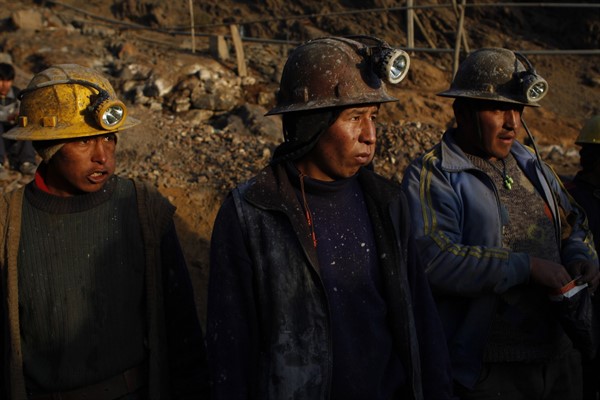LA PAZ, Bolivia—In early December, United Nations rapporteurs published a letter of allegations against the Bolivian government, citing the untrammeled import and use of mercury for gold mining, and suggesting that Bolivia had become a gateway for contraband mercury going to other Amazonian countries. It further accused Bolivia of failing to comply with the Minamata Convention that regulates the use of toxic substances.
In signing the Minamata Convention along with almost every South American country in 2013, Bolivia committed to curbing and eventually eliminating almost all uses of mercury, including in artisanal gold mining. Bolivia ratified the agreement in 2015, and it came into force in 2017.
But while mercury is now tightly controlled elsewhere, in Bolivia its import and use remain unregulated. Legal mercury imports to other Amazonian countries have fallen to near zero—but Bolivia’s have soared to over 200 tons a year. That makes the country the world’s second-largest importer of mercury, after India.

